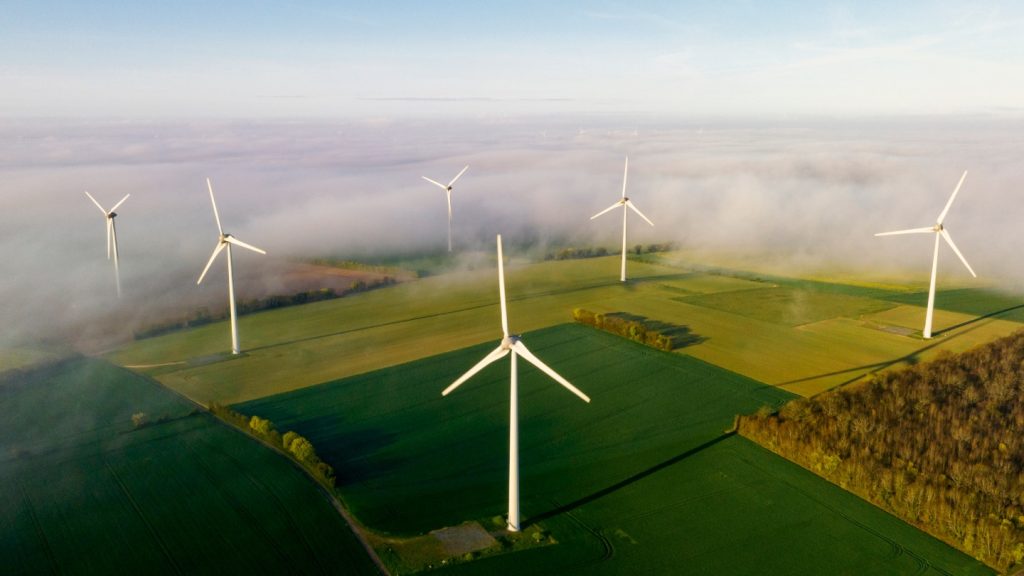The concept of wind ownership is becoming increasingly important as nations look to harness wind energy for renewable energy development. Emilia Groupp, an anthropologist of energy at Stanford University, has studied the politicizing of wind for energy development, referring to it as “ventography.” Nations are now using laws and policies that were originally designed for offshore drilling for oil and gas to regulate wind resources. Wind theft is a concern, where one entity can decrease power generation at existing wind farms by building new turbines upwind.
Countries are now investing in expensive wind maps that use satellite data to trace wind currents and stake their claims to these resources. Greece, Turkey, and the nations surrounding the South China Sea are all competing for control over wind resources. Groupp is also researching the politicization of solar power, but has not yet coined a term for owning the sun. The idea of owning and controlling natural forces like wind and sunlight is a growing trend as nations look to expand their renewable energy capabilities.
The study of wind ownership challenges the traditional notion of wind as an unstoppable force that cannot be owned. Nations are now looking to assert control over wind resources, following a blueprint that has been used for offshore drilling. Oil has historically shaped the idea of territorial claims going downward into the subsoil, but now nations are turning their attention upward towards renewable energy sources like wind. The competition for wind resources is intensifying as countries race to map out and stake their claims to these valuable energy sources.
The concept of owning wind brings up issues of theft and power struggles between nations. Wind theft can occur when new wind farms are built close to existing ones, impacting the power generation of the original turbines. This highlights the need for clear regulations and policies surrounding wind ownership and development. Countries around the world are investing in advanced mapping technology to track wind currents and assert their control over these valuable resources. The fight for wind ownership is becoming a key focus in the global renewable energy landscape.
The politicization of wind ownership reflects a broader trend towards nations establishing control over natural resources for energy development. The old model of territorial claims for oil and gas is now being applied to wind and other renewable energy sources. This shift raises questions about sustainability, fairness, and the implications of concentrated control over valuable resources. The competition for wind ownership is just one example of the larger global conversation around energy security, sustainability, and the future of renewable energy development.
Overall, the concept of wind ownership is a complex and evolving issue that raises important questions about the future of renewable energy development. Nations are increasingly turning their attention to wind as a valuable energy resource, leading to competition and challenges around control, theft, and regulation. Emilia Groupp’s research sheds light on the politicization of wind ownership and the broader implications for global energy policy. As countries race to stake their claims to wind resources, the need for clear regulations and international cooperation becomes increasingly important in shaping the future of renewable energy.















